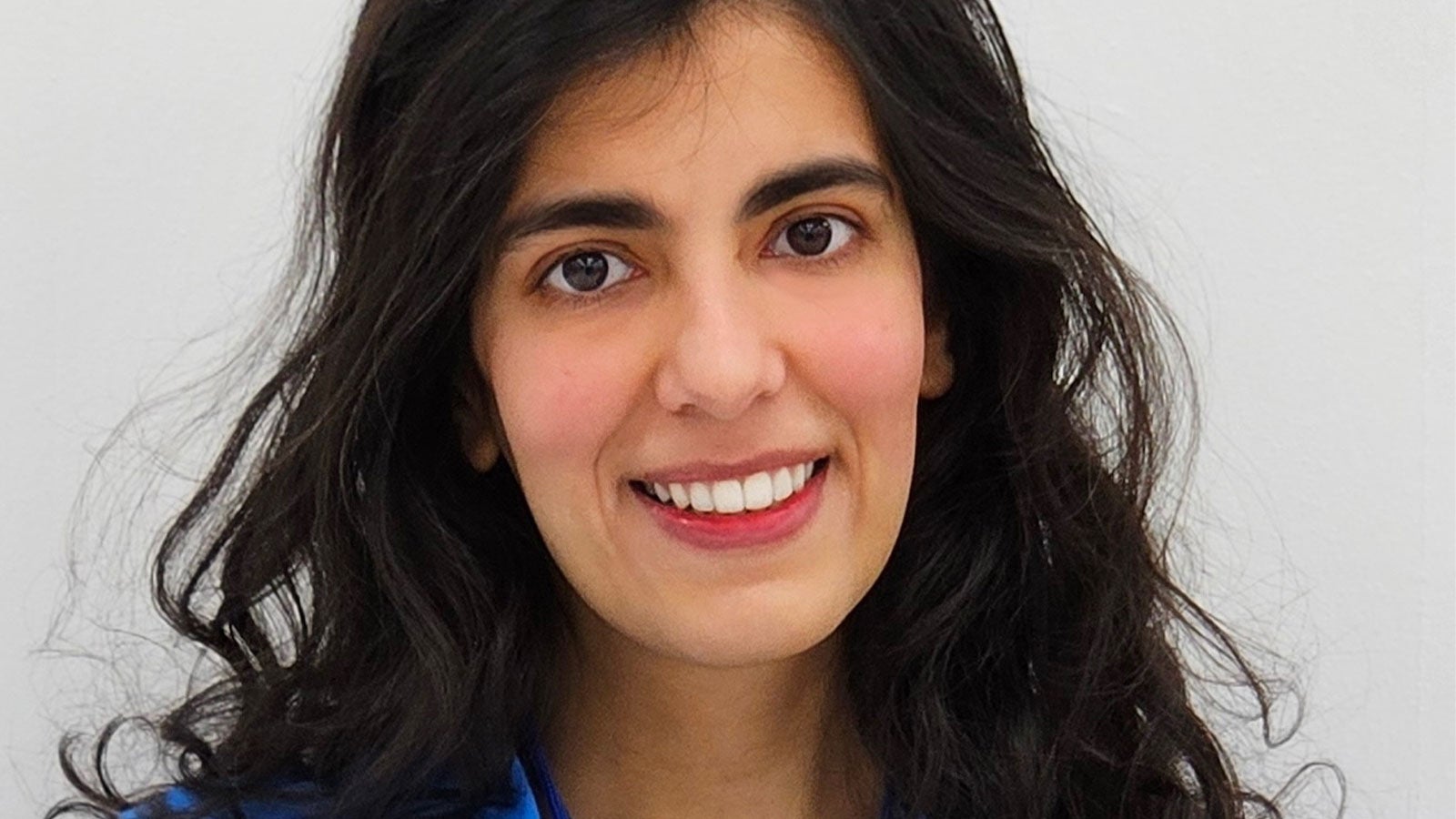Extracellular vesicles (EVs) have attracted much interest of late among biomedical researchers, including Kshipra Kapoor at Rice.
“They have emerged as potential biomarkers for diagnosing a range of diseases without invasive procedures,” said Kapoor, a 2023 Rice doctoral alumnus in electrical and computer engineering.
Kapoor is the lead author on the article “High throughput and rapid isolation of extracellular vesicles and exosomes with purity using size exclusion liquid chromatography,” published in the October issue of the journal Bioactive Materials.
“Communication among cells within the human body is constant,” she said. “A primary mode of interaction involves the secretion of these small vesicles known as exosomes. We are studying them in detail.”
EVs have advantages over synthetic vesicles for delivery of various drugs. They have limitations, however, because of difficulties in segregating them from other particles and soluble proteins. That results in inconsistent EV retrieval rates with low levels of purity.
“We’re thrilled to develop a technology platform that bridges the gap between small-scale research and large-scale production in the field of exosomes,” Kapoor said. “By doing so, we’ve effectively bypassed the time-consuming, costly barriers that typically hinder the rapid production of exosomes.”
Kapoor and her co-authors report a new high-yield and rapid EV isolation method using fast protein liquid chromatography. Early results suggest it effectively isolates EVs from multiple sources including those derived from human and mouse cells, and serum samples.
“Our chromatographic method successfully removes highly abundant protein contaminants such as albumin and lipoprotein complexes, major hurdles in large scale isolation of EVs,” Kapoor said.
The method will permit a ready industrial scaling up of EV production for various clinical applications, she said.
Her co-authors are Kristen Harris, Kent A. Arian, Lihua Ma, Beatriz Schueng Zancanela, Kaira A. Church and Kathleen M. McAndrews of MD Anderson Cancer Center, and Dr. Raghu Kalluri, professor and chair of cancer biology at MD Anderson.

